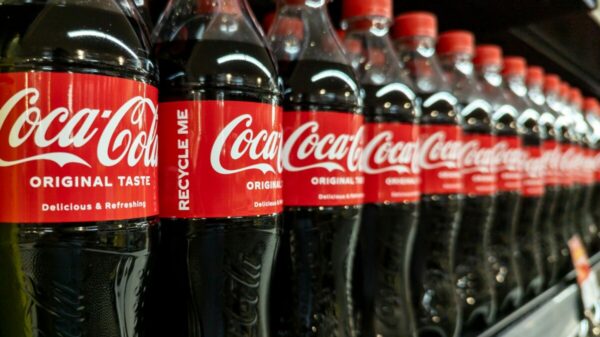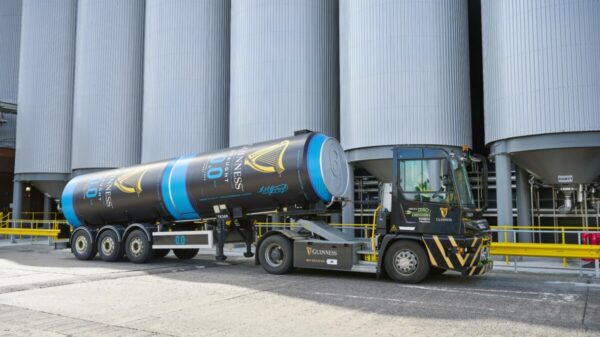Supermarkets including Tesco, M&S and Asda are supporting plans for front-of-pack eco-labelling, despite concern from across the rest of the food and drink sector.
Food companies have written to the department of environment, food and rural affairs (Defra) secretary Steve Barclay expressing their “concerns” regarding food environmental labelling.
A new fridge freezer-style front-of-pack eco-label is being presented to Defra bosses, as the food and drink industry tries to make progress ahead of a possible launch as early as next year.
The Institute of Grocery Distribution (IGD) will be presenting its eco-labelling recommendations, proposing a combination of an A-E scoring system with traffic light colours and information highlighting key data on water, land, and climate impacts for food.
The IGD is working closely with supermarkets including Tesco, M&S and Asda ahead of next year’s official government consultation and is calling for more regulation.
While the organisations citing their concerns in the letter – including Clear, Sustainable Food Trust and Compassion in World Farming – welcome the consideration of an eco-labelling system, they argue that the recommendations could “confuse” and “mislead” consumers and potentially create “unintended environmental outcomes”.
Subscribe to Sustainability Beat for free
Sign up here to get the latest sustainability news sent straight to your inbox everyday
The letter also calls for the eco-labelling system to be overseen by “effective multisector governance” that doesn’t allow the food industry to “self-regulate” on an issue of “such significant societal importance”.
Clear ESG advisor and engagement lead Catherine Chong commented an industry-dominated eco-labelling system is like “asking people to design their own homework and then mark it themselves!”
“If this recommendation is adopted indiscriminately by the government, there will be risks of subverting the hard work of agroecological producers and impeding UK commitment to national and global biodiversity and climate agendas,” she added.
IGD CEO Sarah Bradbury defended its eco-labelling plans, saying: “There is a strong consensus that without a co-ordinated approach to eco-labelling, there is a risk of confusing consumers and adding complexity and cost for businesses and supply chains.”
“With any topic such as this, where there is significant complexity and emerging science, there will be a range of views.
“We’ve spoken to hundreds of people from industry, academia, life-cycle assessment experts, nutritionists, NGOs and more, and received over 350 different pieces of feedback,” she added.
“While we are unlikely to see a consensus in terms of the recommendations, we are confident they are based on extensive consultation and rigorous evidence.”















